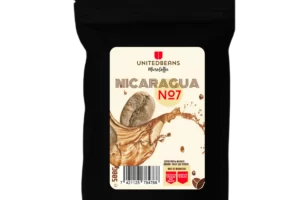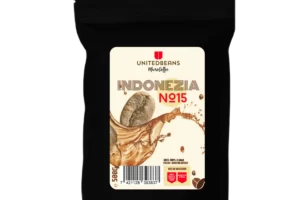Papua New Guinea Single Origin specialty coffee. The coffee industry in Papua New Guinea began in 1950 when a group of Australians introduced coffee plants from Java. Coffee production was then taken over by the Japanese who had migrated to Papua New Guinea after World War II and were looking for alternative crops to grow. It is also one of the most diverse, with hundreds of varieties of flavors and origins.
Papua New Guinea coffee has a unique taste that is very different from other types of coffee. It tastes like dark chocolate, caramel and cocoa, with notes of vanilla and fruit. Papua New Guinean coffees are also known for their smoothness and lack of bitterness. Papua New Guinea coffee beans are grown in a region that has some similarities to other coffee-growing regions, but also has some key differences. The lowlands are usually wetter than other regions, which can produce higher-quality coffee beans due to the longer growing season.
The Sigri plantation was one of the first farms to start the professional cultivation of coffee. All plantings are Arabic, focusing on typical varieties that come from the "Blue Mountain" seeds of Jamaica. The combination of fertile volcanic soil, cool climate zone and ample rainfall creates the ideal environment for growing high-quality coffee. The coffee from the Sigri area has fruity notes and a classic, pleasant exotic taste. Sigri has been internationally recognized for producing gourmet coffee equal to the best in the world for more than 20 years. All plantings are exclusively Arabica, focusing on Typical varieties.
The fermentation process lasts for a period of three days, interrupted every 24 hours by washing. Unlike other coffees processed by washing, the Sigri process follows this by fully immersing it in water for an extra day, which creates a unique flavor profile. All Sigri coffee is dried in the sun to further enhance the flavor. This is followed by careful conditioning, peeling, classification and sorting.







